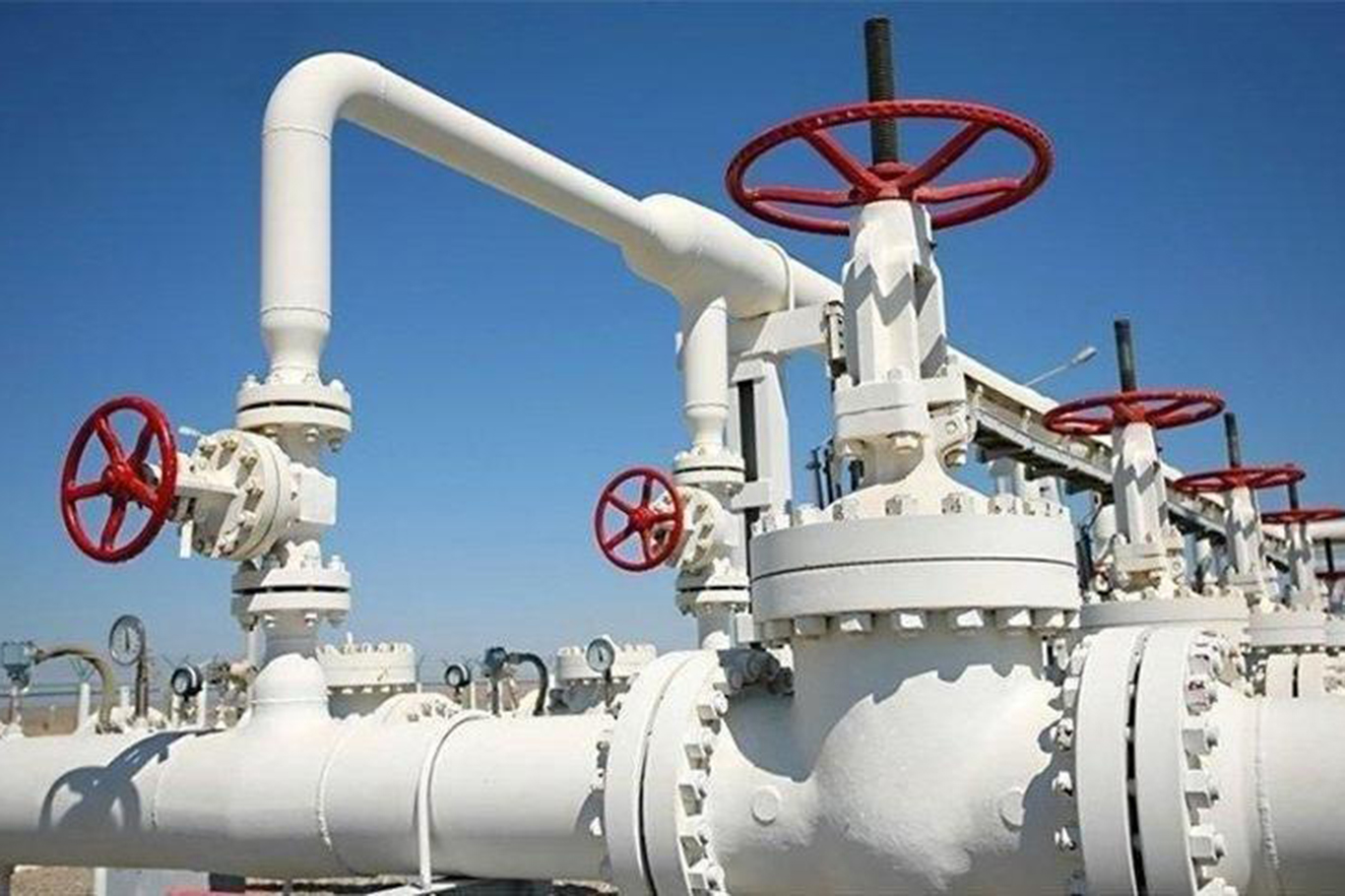Turkey, Bulgaria sign cooperation agreement on natural gas supply


Turkish state gas firm Botas signed an agreement with Bulgarian state gas company Bulgargaz, which gave Bulgaria access to Turkey’s liquefied natural gas terminals.
Under the new 13-year agreement, Bulgargaz will be able to import LNG through Turkey's LNG terminals.
“With this agreement, there will be a gas transfer of up to 1.5 billion cubic meters per year. It will make a great contribution to the natural gas supply security of Europe, especially Bulgaria,” Turkish Energy Minister Fatih Donmez said.
Bulgarian Energy Minister Rossen Hristov described the agreement as a "historical document".
“Thanks to this agreement, we are now able to purchase gas from producers all over the world. This is a solution not just of national and regional importance, but also of importance for Europe,” Hristov told reporters.
The country imports over 90% of its natural gas from Russia via the Turk Stream pipeline under a 10-year contract, which is set to expire at the end of 2022.
Due to the 2022 Russian invasion of Ukraine, Bulgaria's deputy prime minister Asen Vasilev on 19 March said that the country would not hold talks to renew the contract.
In April, it was announced that Russia will suspend sending gas supplies to Bulgaria and Poland, in exchange for their refusal to pay in roubles. (ILKHA)
LEGAL WARNING: All rights of the published news, photos and videos are reserved by İlke Haber Ajansı Basın Yayın San. Trade A.Ş. Under no circumstances can all or part of the news, photos and videos be used without a written contract or subscription.
Türkiye's Construction Cost Index (CCI) saw a year-on-year increase of 38.93% in September 2024, with a modest monthly rise of 0.57%, according to data released by the Turkish Statistical Institute.
House sales in Türkiye witnessed a significant increase, with 165,138 houses sold in October, marking a 76.1% rise compared to the same month in the previous year, according to a statement from the Turkish Statistical Institute on Monday.
Türkiye's trade figures for September 2024 revealed a mixed performance, with export unit values rising while export volumes saw a decline.
Iran and Russia connected their national payment systems on Monday, marking a significant step towards bypassing the U.S. dollar in their bilateral transactions.